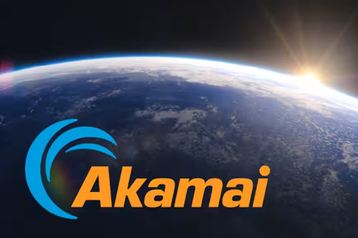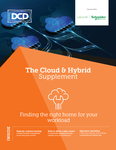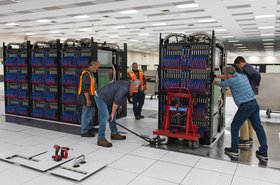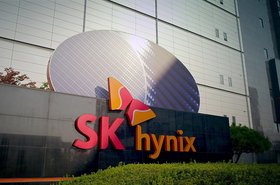Akamai has launched a media-optimized cloud offering for video processing.
The solution is based on Nvidia RTX 4000 Ada Generation GPUs which have been selected for their ability to process video content more efficiently and effectively.
The company has not stated which locations the offering is available from. DCD has reached out to clarify.
Internal benchmarking by Akamai suggested that the Nvidia-based offering could process frames per second around 25x faster than traditional CPU encoding and transcoding methods.
“Media companies need low-latency, reliable compute resources that maintain the portability of the workloads they create,” said Shawn Michels, VP of cloud products at Akamai.
“Nvidia GPUs provide superior price performance when deployed on Akamai's global Edge platform. Together with our Qualified Compute Partners and open platform, we give our customers the capability to architect their next-gen workloads to be cloud agnostic and support multicloud architectures.”
The RTX 4000 GPUs are ideal for workloads including digital content creation, 3D modeling, rendering, inferencing, video content, and streaming.
The GPU has the latest generation NVENC and NVDEC hardware, providing capacity for simultaneous encoding and decoding tasks. NVENC and NVDENC support all prominent codecs such as H. 264, H. 265, VP9, and AV1.
The GPUs also use the Nvidia Ada Lovelace architecture, with a total of 192 fourth-generation Tensor Cores, and 20 GB of GDDR6 memory.
“In order to support a wide range of workloads, you need a wide array of compute instances,” said Michels. “What we’re doing with industry-optimized GPUs is one of many steps we’re taking for our customers to increase instance diversity across the entire continuum of compute to drive and power Edge native applications.”
In February of this year, Akamai launched its Gecko Edge cloud service which is delivered via the company's content delivery network (CDN).
According to Akamai, Gecko is a distributed cloud computing platform that will be able to deliver services close to customers. The company aims to make its virtual machines available in 100 cities this year and will serve locations that aren't well covered by Amazon Web Services (AWS) or Azure, including Bogota, Colombia; Denver, Colorado; Houston, Texas; Hamburg, Germany; and Marseille, France.
Akamai also launched several core compute regions last year, including Amsterdam, the Netherlands; Jakarta, Indonesia; Los Angeles, California; Miami, Florida; Milan; Osaka; and São Paulo. This was the third rollout of new compute regions since the company acquired Linode in 2022.
At the time of Linode's acquisition, Akamai gained cloud operations in 11 locations across America, Canada, Germany, the UK, India, Japan, Singapore, and Australia.
In July 2023, the company announced the launch of sites in Washington DC and Chicago in the US as well as Paris, France, with plans to open locations in Seattle and Chennai, India later that quarter.
Earlier this year, AWS launched a cloud-based rendering service called Deadline Cloud. Deadline Cloud is intended to enable users to deploy and scale up graphics and handle visual effects rendering on AWS cloud infrastructure. It is similarly targeted at the media and entertainment sectors.







